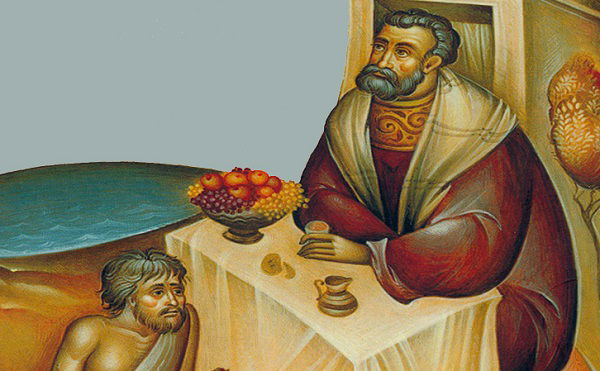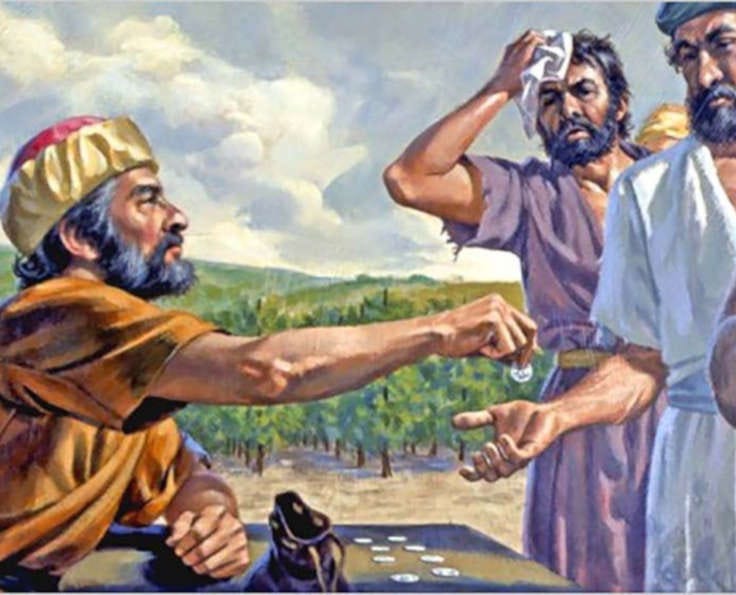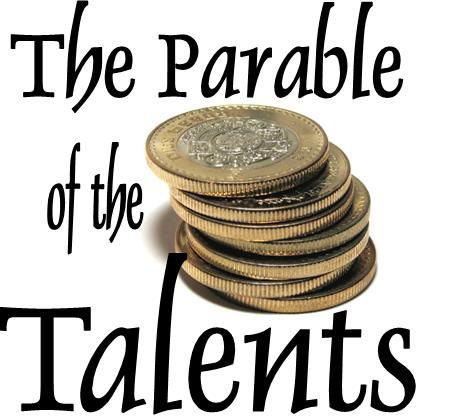DAILY HOMILIES #parable
Like the brothers of Joseph in the Old Testament, we could become so overwhelmed by envy that we begin to think that our survival depends on eliminating others. We begin to think that we can only shine when we quench that of others. This is the insanity of the envious mind.
Read MoreThe parable of Lazarus teaches us that one could be ‘helped by God’ and still live in abject poverty. With this parable, Jesus teaches that being poor despite your religiosity does not mean God has failed or that He is powerless. Does it surprise you that Lazarus, who lived in abject poverty (on earth), was sitting at the feet of Abraham in heaven?
Read MoreGiving to God expresses your faith. If your faith is large enough to acknowledge that everything you have comes from God, then like seeds sown in good soil, you would easily consider doing something to appreciate God.
Read MoreJesus teaches us to avoid telling lies and other dishonest practices for the sake of money: “He who is dishonest in a very little is dishonest also in much… And if you have not been faithful with that which is another’s, who will give you that which is your own?”(Luke 16:10-12) Someone once said: “If you lose money, you lose nothing. If you lose friends, you lose something, but if you lose your character (perhaps, in a bid to make money), you have lost everything.”
Read MoreThe steward made friends by reducing the debts of his master’s debtors. We are to make friends by giving away whatever is at our disposal. After all, nothing belongs to us in the first place. Empty we came, and empty we shall return.
Read MoreWhy would tenants be bold enough to kill the servants sent to collect their rent? Why would guests turn around to kill the servants sent to remind them of the banquet? These parables highlight injustice and wickedness in people's hearts, yet Jesus is speaking directly to us in them because we are those tenants; we are the guests. This brings us to our lessons for today.
Read MoreAs children of God, we have been hired (at various times) into His vineyard. Regardless of when we were hired, God expects us to bear fruits – He demands that at harvest time, we will account for our opportunities, gifts and talents.
Read MoreGod’s generosity may be seen as “injustice”, but who would survive if God treated us according to our sins? Why do we point fingers at others, forgetting that our so-called goodness is only by God’s grace? Imagine you were the thief who got this express ticket to heaven, the prodigal son, or the worker hired very late; wouldn’t you be happy? How would you respond to those angry with God, saying you do not deserve such love?
Read MoreLet us ask ourselves: “Where I am right now?” That is, which type of soil defines my current spirituality? Once we answer this question, we will know what to do. We all can produce great fruits for God’s kingdom. Think of Sts. Paul, Matthew, Peter, Mary Magdalene, etc. If they are saints today, you, too, can be a saint.
Read MoreAvoid envy; no one is better than you. Avoid pride; you are not better than anyone else. We are just different. So mind your business – show concern about others but avoid comparing your life to that of anyone. You are unique. Even if it is only one talent that you have, nurture it. Remember that talent is never enough. You must develop it like gold that must be polished and purified to shine.
Read MoreIn this parable, the foolish virgins took the one thing necessary: a bottle of oil for granted. They assumed the oil in their lamps would be enough. Sometimes, we behave like foolish virgins. We assume our parents’ spirituality is enough to get us into heaven. Some Christians assume the penny catechism classes they attended growing up are enough. Some have never read their bibles; they feel they are good to go since they were taught Christian Religious Knowledge (CRK) in school.
Read MoreWe cannot all become ordained ministers, consecrated men and women, bishops, or cardinals in the church, but at the end of the day, not even the Pope will receive a greater reward than the newly baptised. Jesus says: “The last will be first, and the first will be last.” This means that there would be no last or first.
Read More










